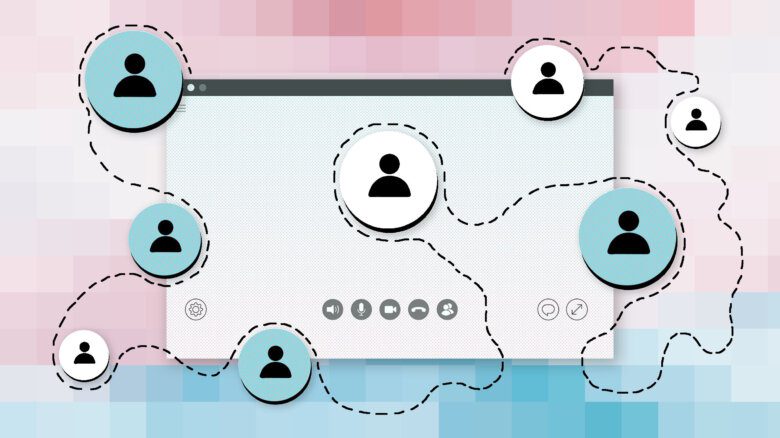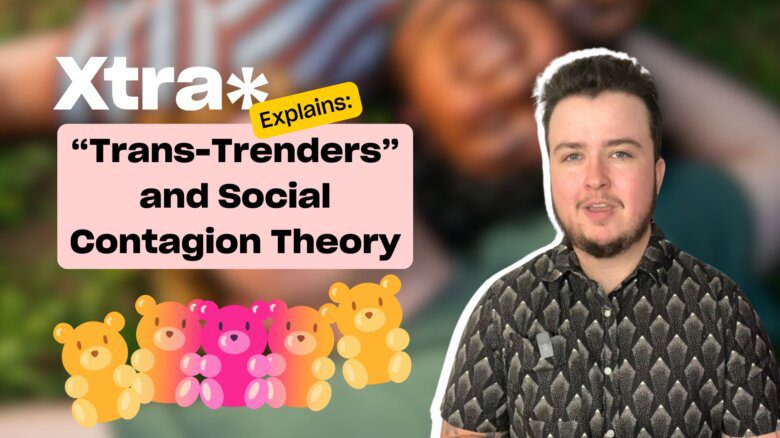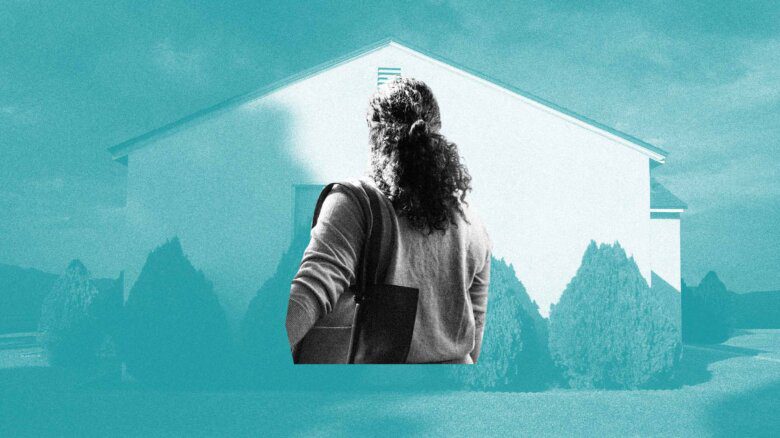You can find clips like it all over Twitter, if you look: a man at a school board meeting, furiously waving a copy of a forbidden book, screaming passages from it aloud, calling it pornography.
“After a bit, a person’s vagina becomes moist and slippery and the clitoris becomes hard,” one supposedly pornographic passage goes. “After a bit, a person’s penis becomes erect, stiff and larger.”
The book being read from and/or waved around here is Robie H. Harris’s It’s Perfectly Normal, first published in 1994; it’s a book of basic sex education (like the above quoted, fairly clinical, description of human genitalia), which has sold over 1.5 million copies since its release. Some of those copies went to school libraries. Reading the book is not mandatory; it’s not taught as a textbook. It’s just available on school grounds, which is enough to trigger outrage.
The U.S. has always had trouble with sex-ed. Just witness the “abstinence-only” education push of the 2000s, in which conservatives argued that the ideal amount of information for teens to receive about birth control or STI prevention was “none whatsoever.” Harris’s book, for what it’s worth, has been named one of the top ten most challenged books in America every decade since it was first released. It has also continued to sell.
Yet there is something particularly apocalyptic about the current wave of parent protests and book bans. Last year alone saw a record high number of ban attempts—1,279 attempted book bans, with 90 percent of them targeting multiple titles—and those numbers are increasing exponentially year by year. (The previous record-holding year was 2021, which saw only 729 challenges.) This particular wave of bans aims not just to restrict children’s access to sexual education, but to suppress all knowledge of queer and trans existence.
The involvement of the far-right and social media accounts like Chaya Raichik’s Libs of TikTok means that “protests” can easily turn into violent threats (or worse). Since late 2022, for instance, Raichik has been riling up her audience against This Book Is Gay, a sex-ed book for teenagers by Juno Dawson. In March of this year, a Rochester, New York, school district received bomb threats for carrying it in school libraries.
“What’s really scary is that the book feels like an avatar for LGBTQ2s+ people,” Dawson tells me in an email. “They can’t ‘ban’ queer youth, so they go after a book. The actions of a few—to me—resemble terrorism. Libraries are getting bomb threats—what other word is there for it?”
“The existence of queer people is not intrinsically sexual; learning about queer people is not the same as learning about queer sex.”
These bans are so puritanical—in Florida, a teacher was put under investigation by the Department of Education after showing her kids a Disney movie with a gay side character—that the natural impulse is to push back against charges of “pornography.” The existence of queer people is not intrinsically sexual; learning about queer people is not the same as learning about queer sex.
What we miss, by defending this material against charges of being “too” sexual, is that kids actually do need and deserve to learn about sex in safe, age-appropriate ways, and that it’s better for sex education to be queer-inclusive.
Much of the fury has concentrated on Maia Kobabe’s graphic-novel-slash-memoir Gender Queer, which has now been banned in 56 school districts and counting. Gender Queer has often been called “pornographic” thanks to a brief scene where Kobabe’s character wears a strap-on with a partner. That outrage is overheated at best, but the book actually does offer a lot of practical information about sex and reproductive health: there are scenes of partners navigating consent and boundaries, and scenes about how genital dysphoria can complicate OB/GYN checkups. There are bits of Gender Queer that explore queer sexual ethics—in one story, we see that even if someone comes out specifically in order to date you, that doesn’t mean you have to date them, and that this may in fact be too much pressure for any relationship.
The book is not explicitly didactic, but it does offer an education—and much of this is information that queer teens (and even some queer adults) desperately need.
Research suggests that teenagers who are deprived of information about sexuality won’t stop having sex; they will only stop having safer sex. States with abstinence-only education policies have the highest rates of teen pregnancy and elevated rates of STI transmission. Any teen with an internet connection can access actual pornography, but learning about sex from porn is like learning how to drive from watching the Fast & Furious movies—the sex in those clips is staged to look good, not necessarily to feel good, and many crucial parts of real-world sex (warm-up, lube, STI protection, establishing boundaries and safe words) are missing.
This can have a particular impact on young queer people, who are already struggling through a fog of cultural silence as they try to figure out their bodies, health and lives. Dawson, who has worked as a teacher in the U.K., tells me that she worries queer teens know even less about HIV now than they did decades ago: “In the age of PrEP, it’s perhaps frustrating to see younger people become positive.” She also points out that, for queer and straight teens alike, there are plenty of adults ready to take over and feed them bad information when the good kind is not forthcoming: “I made the mistake of seeking information from older partners who didn’t always have my best interests at heart,” she says.
It seems illustrative that so much outrage has concentrated around Gender Queer, and its frankness about Kobabe’s trans body. Even as an adult trans person, information about my specific sexual and reproductive health is less available to me than I’d like. Trans people often report having to educate their healthcare providers about their bodies; many transmasculine people show up for reproductive healthcare appointments and are turned away or mistreated because they don’t look like the type to need it.
Standard sex-ed models—girls have this and boys have that and putting this in that makes a baby, so don’t do it!!!—aren’t really serving anyone, but they serve queer and trans people especially poorly. If we all learned about a range of trans and intersex bodies as part of the human spectrum, from puberty on, a lot of human suffering would be prevented. Which, perhaps, is why conservatives are so insistent that it can’t happen.
According to educator Cory Silverberg, author of multiple sex-ed books including Sex Is a Funny Word, a genuinely queer and affirming model of sex education should focus on honouring the information kids already have and the problems they’re already facing.
“We could say, well, an eight-year-old doesn’t understand how the heart works and a doctor does. That’s true,” they tell me on a Zoom call. “But an eight-year-old does know that their heart is beating because they’ve felt it, and no one else has, right? And every kid of every age knows that some things feel good in your body and some things don’t. That is the basis of sex education.”
Kids who aren’t ready for sex may already have crushes. Kids who do not necessarily wish to transition immediately may have already experienced how gender is imposed on them by the outside world, and they may experience stress or have questions around their gender. Even more important, those kids are moving through a world where some adults really do want to hurt them.
“We think that sexual [experience] means having had sex. No, it doesn’t,” Silverberg tells me. “The first time a young person is whistled at on the street, or the first time they’re aware that a teacher is looking at them in a bit of a creepy way: that is a sexual experience. It’s not a sexual activity or behaviour, but they are experiencing that someone, usually an adult, sometimes a peer, is, you know, bringing sex into an interaction in a way that is boundary-crossing and is a misuse of power.”
Sadly, the first time an adult is inappropriate with a child may happen long, long before that child is interested in sex. That kid will need education on sexual violence and boundaries and consent. Much child abuse rests on convincing the victim that what’s happening is “normal” or within the boundaries of acceptable behaviour, and they need to know that it’s not, and they need to know it right away, so that they can tell someone.
Bodies exist in culture; the way we understand and talk about our bodies is informed by our cultural context. Kids may be too young to read Judith Butler, but they can understand that much. Yet bodies are also real, and physical and unruly. Suppressing information about our bodies doesn’t make them stop existing. Refusing to speak about a problem never actually makes it go away— whether that’s a real problem like sexual violence or a manufactured moral-panic “problem” like the existence of trans kids.
We all deserve to live well in our bodies, and that means having access to the information that keeps us from getting sick or hurt. It means knowing and being able to follow the path toward pleasure and joy. Hiding information about queer sex and trans bodies—hiding information about sex, period—will not keep queer and trans kids from existing. It will make for more sick kids, more hurt kids, more traumatized kids, more unhappy and confused and heartbroken kids. The hypocrisy is glaring, and has been pointed out many times over, but it’s always worth saying: The people who try to “protect” children from knowledge often wind up hurting them most of all.
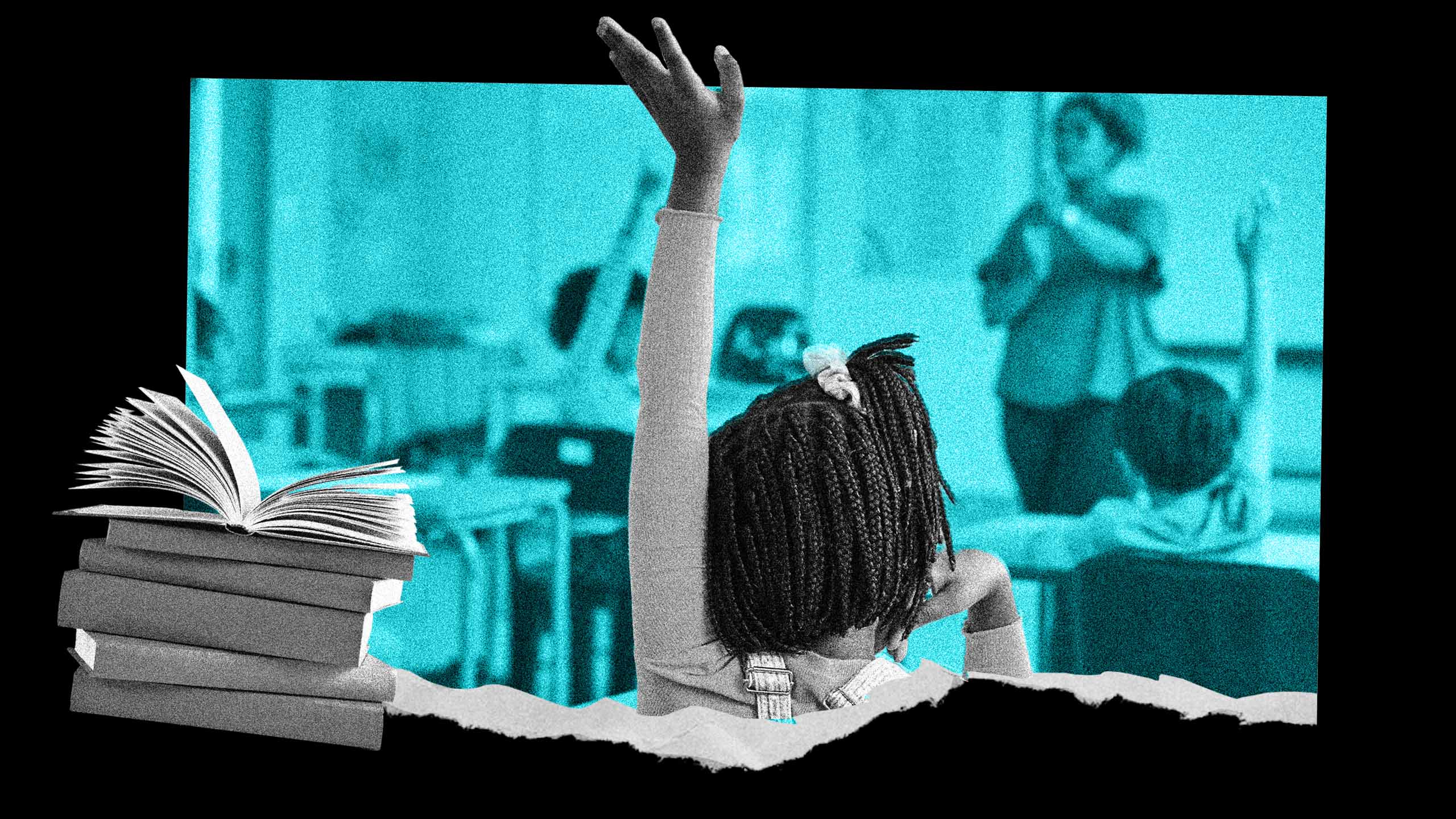
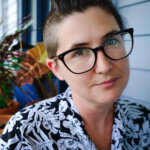
 Why you can trust Xtra
Why you can trust Xtra